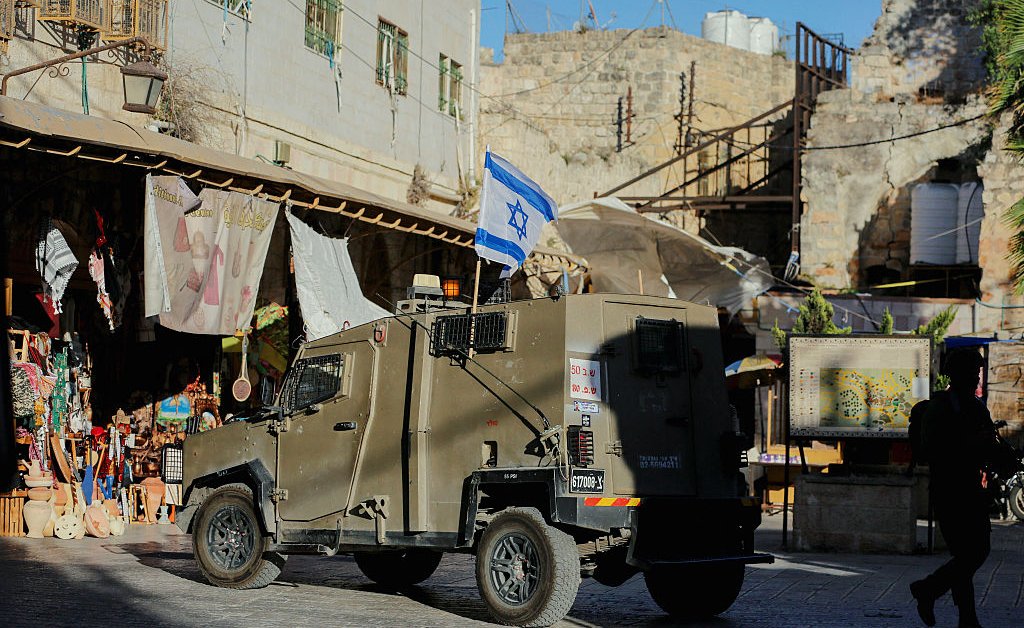Renewed Expansion of Israeli Settlements in the West Bank Sparks International Debate
In a recent declaration, Israeli Finance Minister Bezalel Smotrich revealed plans to establish approximately 22 new settlements across the West Bank. While some of these settlements already exist as informal outposts, the government intends to formalize their status under Israeli law. Additionally, several entirely new settlements are slated for development, marking a significant shift in Israel’s settlement policy.
Smotrich described this move as a reaffirmation of Israel’s historical and ideological roots, emphasizing that “the development of these settlements is a long-standing aspiration,” and that “settling in our ancestral land is the cornerstone of Israel’s identity and security.” He further stated, “This strategic decision restores the nation’s sovereignty and aligns with Zionist principles, reinforcing our connection to the land of our forebears.”
Security and Historical Justifications
Israeli Defense Minister Israel Katz underscored the strategic importance of these settlements, asserting that they serve as a “security bulwark” against potential threats. He emphasized that establishing these communities “cements our historical claim to the land” and acts as a safeguard against Palestinian efforts to establish a sovereign state that could threaten Israel’s security.
Among the settlements slated for formalization are Homesh and Sa-Nur, villages in the northern West Bank that were evacuated in 2005 during Israel’s disengagement from Gaza, where all Israeli settlers withdrew from the territory. The re-establishment of these sites signals a shift in Israel’s approach to settlement expansion.
Global Reactions and Diplomatic Concerns
The announcement has drawn sharp criticism from international leaders. Hamish Falconer, the UK’s Minister for the Middle East and North Africa, condemned the move, stating, “The United Kingdom strongly opposes these settlement expansions.”
On social media platform X (formerly Twitter), Falconer reiterated that the approval of new settlements “deliberately undermines prospects for Palestinian statehood,” emphasizing that “settlements are deemed illegal under international law and threaten the two-state solution, ultimately jeopardizing Israel’s security and future.”
The Jordanian Ministry of Foreign Affairs issued a formal statement, condemning the expansion as “a blatant violation of international law and humanitarian principles,” and reaffirmed the Palestinian people’s right to sovereignty and self-determination.
Domestic Opposition and Advocacy Groups
Within Israel, the peace advocacy organization Peace Now has voiced strong opposition to the settlement plans. In a statement released on May 29, the group accused the government of pursuing “a clear agenda of annexation and territorial expansion,” viewing the move as a step away from peace negotiations.
Peace Now highlighted that this development marks the largest settlement growth in the West Bank since the Oslo Accords of 1993, which aimed to establish a framework for peace and a two-state solution. The organization notes that nine of the new settlements will be entirely new communities, one is an existing settlement, and twelve are outposts or farms now being officially recognized as settlements.
Current Settlement Landscape and Demographic Trends
As of late 2024, approximately 529,000 Jewish settlers reside across 141 settlements in the West Bank. The region is also home to around three million Palestinians living in areas administered by the Palestinian Authority. Palestinian residents frequently pass through Israeli checkpoints to access their communities, navigating a complex and often restrictive security environment.
Since the escalation of hostilities following the October 2023 Israel-Hamas conflict, settlement activity has surged. A United Nations report from late 2024 revealed that over 10,300 new housing units are under construction within existing Israeli settlements, reflecting a significant increase in settlement expansion.
The report also detailed the paving of unauthorized roads by settlers and military forces, which connect settlements and outposts while restricting Palestinian movement and facilitating land seizures. These infrastructural developments have intensified tensions and contributed to ongoing disputes over land rights.
Impact on Palestinian Communities and Rising Violence
The growth of settlements has been accompanied by a marked increase in violence against Palestinians. According to the UN Office for the Coordination of Humanitarian Affairs (OCHA), between January 2024 and April 2025, at least 616 Palestinians, including 115 minors, were killed by settlers or Israeli security forces.
During the same period, nearly 2,000 incidents of violence were recorded, resulting in the displacement of over 41,000 Palestinians in the West Bank. These figures indicate a troubling upward trend in conflict and displacement, which has persisted since 2020 and continues to fuel instability in the region.

